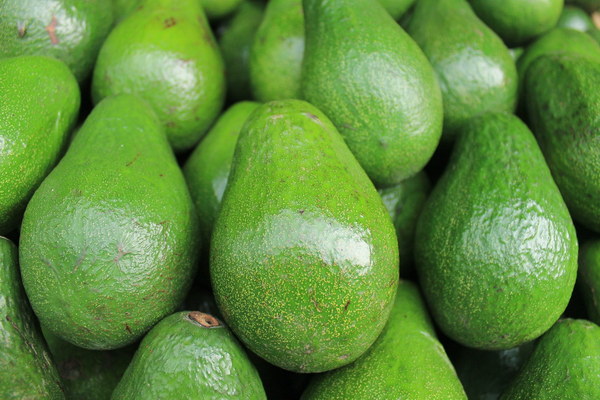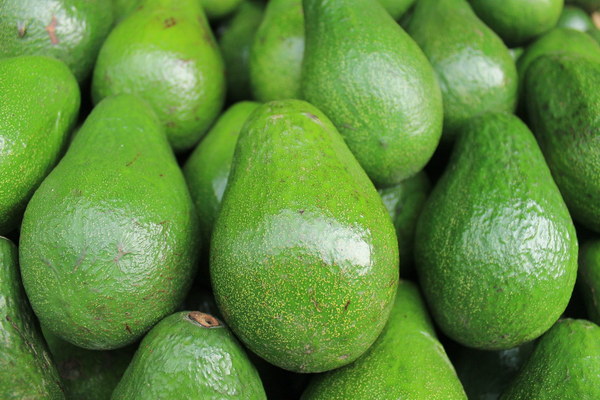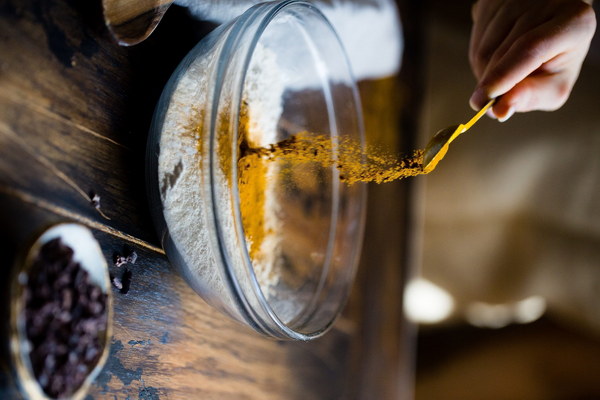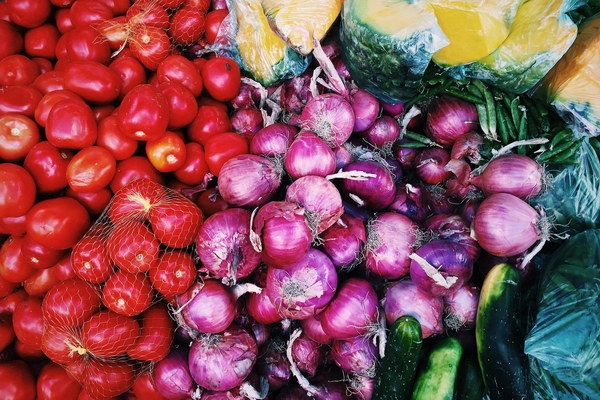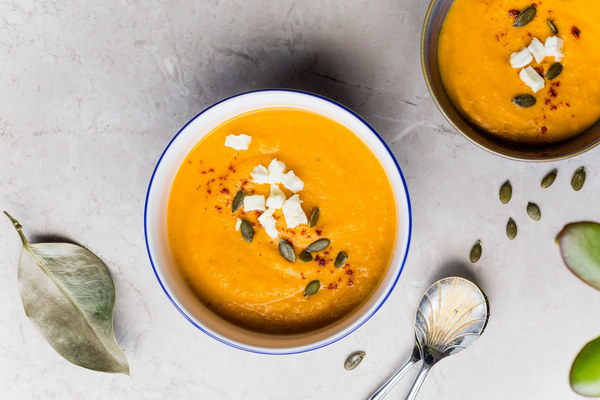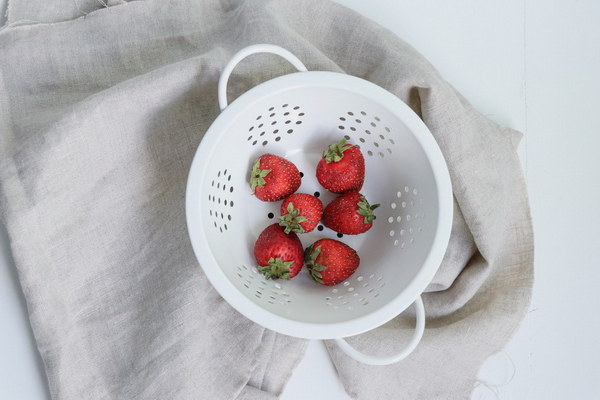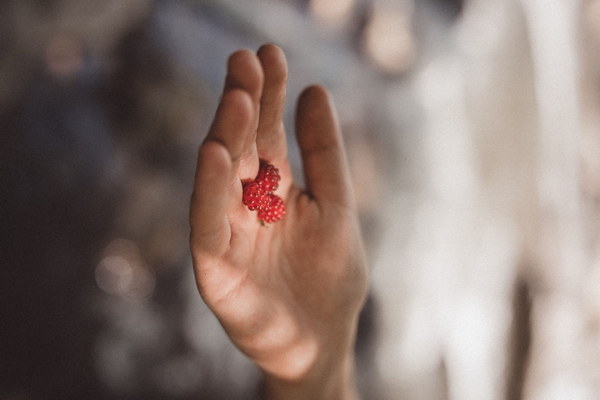Nourishing Your Way to Health Natural Food Supplements for Ischemia and Hypoxia
In today's fast-paced world, the prevalence of ischemia and hypoxia has become a significant concern for many individuals. These conditions, often resulting from poor lifestyle choices, can lead to serious health complications if left unchecked. While medical treatments are essential, natural food supplements can play a vital role in managing and preventing these conditions. In this article, we will explore the benefits of various food supplements that can help combat ischemia and hypoxia.
1. Garlic
Garlic has been used for centuries as a natural remedy for various ailments, including ischemia and hypoxia. It contains allicin, a compound that can help improve blood flow by relaxing the blood vessels. Incorporating garlic into your diet, such as in salads, sauces, or as a spice, can help reduce the risk of ischemia and hypoxia.
2. Omega-3 Fatty Acids
Omega-3 fatty acids, found in fish oil, flaxseeds, and chia seeds, have been shown to reduce inflammation and improve blood vessel function. These essential fatty acids can help prevent the buildup of plaque in arteries, which can lead to ischemia. Consuming fish rich in omega-3s, like salmon, mackerel, and sardines, or taking omega-3 supplements, can be beneficial.
3. Green Tea
Green tea is rich in antioxidants and polyphenols, which have been linked to improved cardiovascular health. These compounds can help relax blood vessels, reduce cholesterol levels, and prevent blood clot formation. Drinking a few cups of green tea daily or using it as a base for smoothies and desserts can support your body's fight against ischemia and hypoxia.
4. Berries
Berries, such as strawberries, blueberries, raspberries, and blackberries, are packed with antioxidants and flavonoids. These nutrients can help reduce inflammation and improve blood flow, making them a valuable addition to your diet. Enjoying a handful of berries daily can help prevent ischemia and hypoxia.
5. Beets
Beets contain nitrates, which can convert into nitric oxide in the body. Nitric oxide is a molecule that helps relax blood vessels, increasing blood flow and reducing the risk of ischemia. Consuming beets regularly, such as in salads or as a side dish, can support your body's natural defenses against ischemia and hypoxia.
6. Dark Chocolate
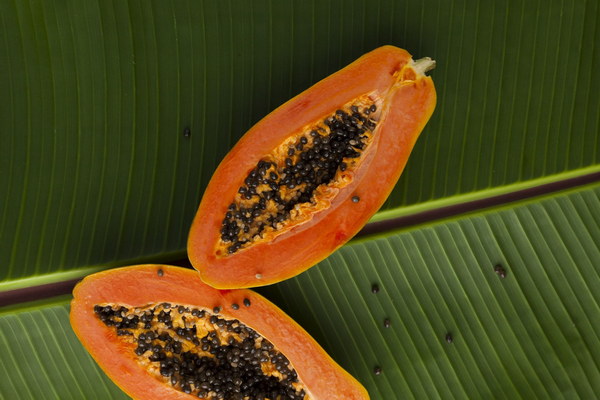
Dark chocolate, with a high cocoa content, contains flavanols, which have been shown to improve blood vessel function and reduce blood pressure. By promoting better blood flow, dark chocolate can help combat ischemia and hypoxia. Enjoying a small portion of dark chocolate daily can offer these health benefits.
7. Turmeric
Turmeric is a spice commonly used in Indian cuisine and has been used in traditional medicine for its anti-inflammatory properties. Curcumin, the active compound in turmeric, can help reduce inflammation and improve blood vessel health. Incorporating turmeric into your diet, such as in curries or smoothies, can support your body's defense against ischemia and hypoxia.
8. Vitamin C
Vitamin C is an essential nutrient that plays a vital role in the synthesis of collagen, a protein that helps maintain the strength and flexibility of blood vessels. Consuming vitamin C-rich foods, such as oranges, strawberries, and bell peppers, can help prevent the weakening of blood vessels and reduce the risk of ischemia and hypoxia.
In conclusion, incorporating natural food supplements into your diet can help combat ischemia and hypoxia. By focusing on a balanced diet rich in antioxidants, essential fatty acids, and other nutrients, you can support your body's cardiovascular health and reduce the risk of these conditions. Remember, while food supplements can be beneficial, it is essential to consult with a healthcare professional before making any significant changes to your diet or treatment plan.


